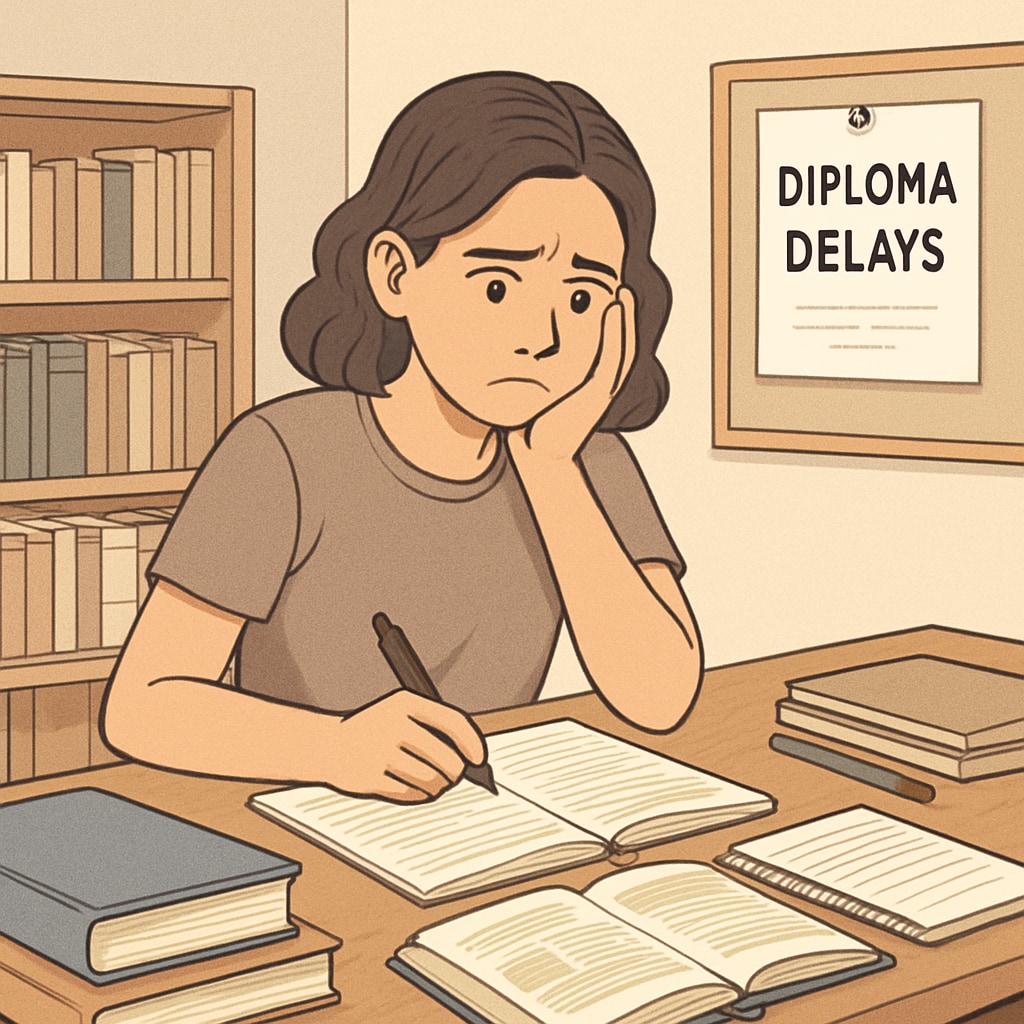For many homeschool students, graduating should represent a milestone achievement. However, challenges arise when private schools responsible for issuing homeschool diplomas fail to do so in a timely manner. This issue can have significant repercussions on a student’s future academic and career opportunities. The lack of proper documentation not only creates barriers to higher education but also undermines the value of the hard work these students put into their studies. Addressing this “homeschool diploma dilemma” requires understanding the root causes and exploring actionable solutions.

Understanding the Homeschool Diploma Dilemma
Homeschooling is becoming an increasingly popular educational path, often facilitated through private schools or umbrella institutions that issue diplomas. However, when these schools fail to provide timely certification, students face administrative hurdles. For example, some colleges and universities require official diplomas as part of their admission process. Without this documentation, students may encounter delays or denials in their applications. Similarly, employers often view a diploma as proof of educational attainment, further compounding the issue.
Several factors contribute to this problem, including:
- Lack of standardized processes for diploma issuance.
- Administrative mismanagement within private schools.
- Insufficient oversight or legal requirements for timely certification.
As a result, homeschool students and their families are left in a position where their educational efforts are undermined by bureaucracy.

Impact of Diploma Delays on Students
When private schools fail to issue diplomas, homeschool graduates face a range of challenges. These include:
- Difficulty in applying to higher education institutions.
- Limited career opportunities due to lack of formal documentation.
- Emotional distress stemming from uncertainty about their academic achievements being recognized.
Furthermore, diploma delays can disproportionately affect students who rely on scholarships or financial aid, as these often require proof of graduation. The long-term impact can be devastating, hindering personal growth and professional development.
Practical Solutions to Address the Issue
To resolve this dilemma, families and students can consider the following approaches:
- Advocacy and Communication: Families should maintain clear and consistent communication with private schools regarding diploma issuance timelines. In cases of delays, escalate the issue to school administrators or governing bodies.
- Legal Protections: Research local laws and regulations governing private schools and homeschool diplomas. Some jurisdictions may have legal avenues to compel timely certification.
- Alternative Certification: Explore alternate methods of proving educational attainment, such as GED (General Educational Development) certifications or portfolio submissions to higher education institutions.
In addition, homeschool advocacy groups can play a critical role in raising awareness and pushing for standardized policies to prevent similar issues in the future.
Safeguarding Student Rights
To protect students from diploma-related issues, stakeholders should focus on implementing safeguards. These include:
- Establishing strict timelines for diploma issuance by private schools.
- Creating clear agreements between families and private institutions regarding certification processes.
- Encouraging transparency and accountability through regular audits of private school administrative practices.
Ultimately, ensuring that every homeschool graduate receives the recognition they deserve is vital for their personal and professional success.
Conclusion: The homeschool diploma dilemma highlights the need for systemic changes to support students post-graduation. By advocating for improved policies and exploring alternative solutions, families can overcome these challenges and secure brighter futures for their children.
Learn more about homeschooling and its impact on education.


